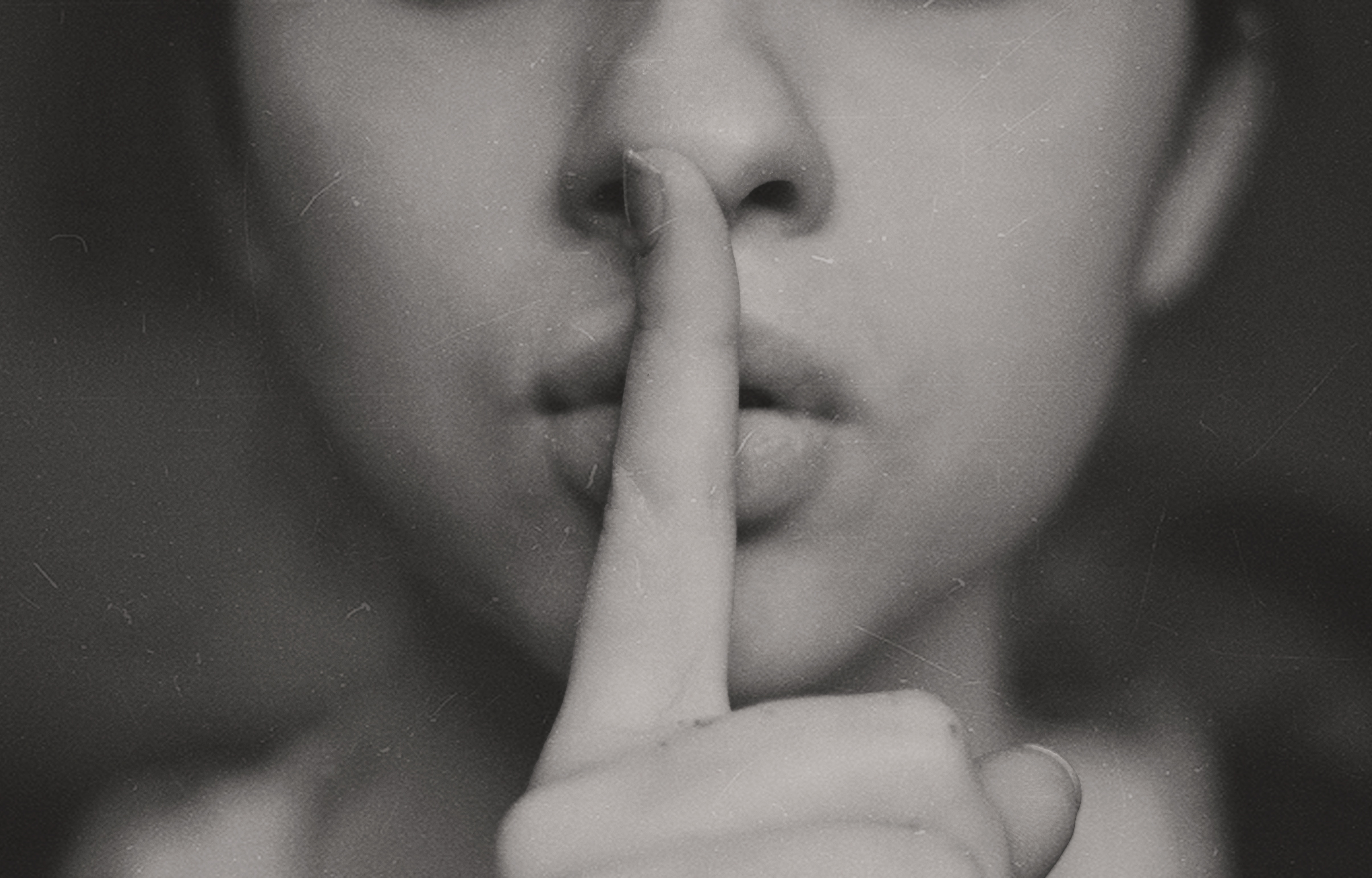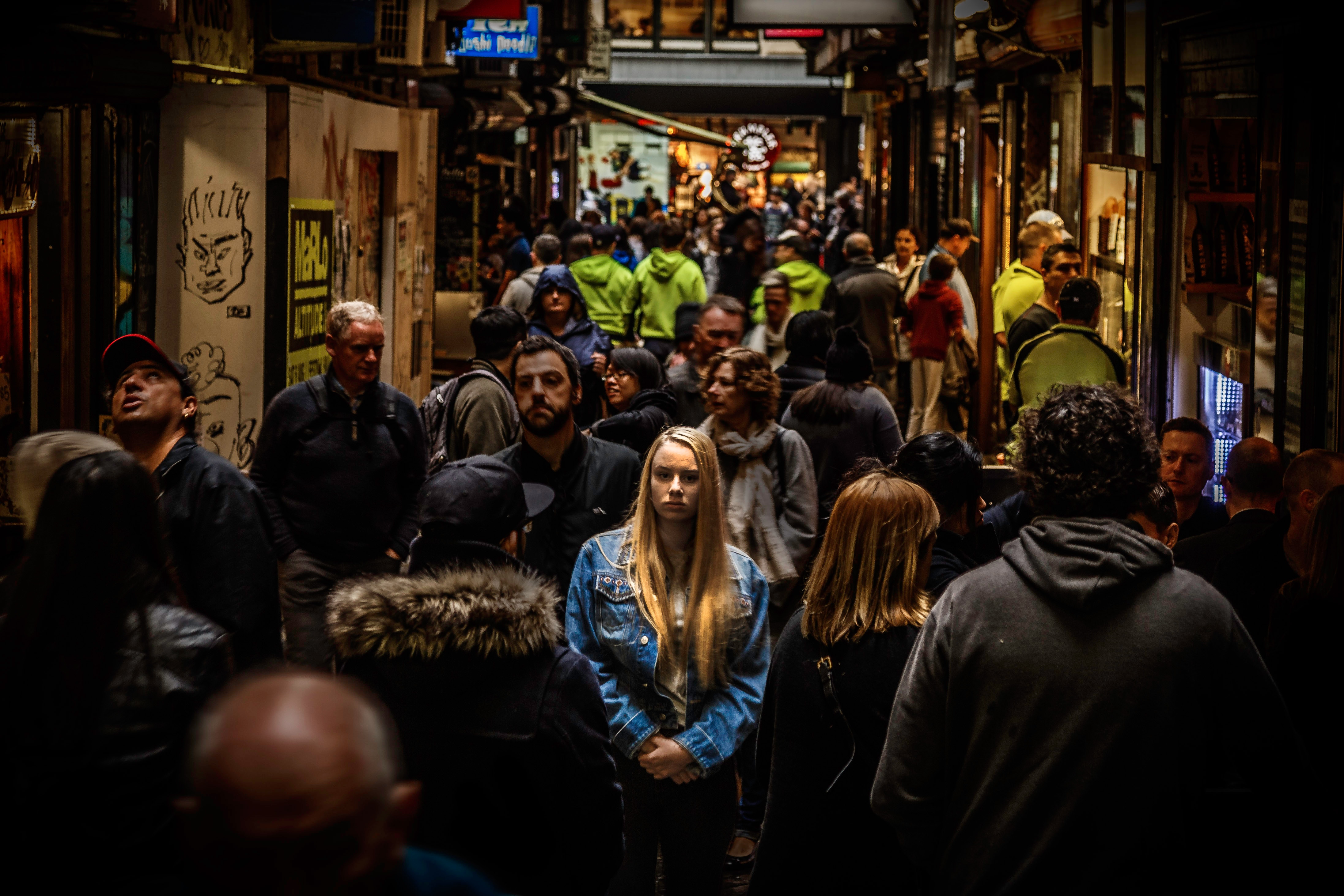In 2012, an app was released called “Whisper.” The purpose of the app is so people can post content anonymously. This is not an endorsement of the app. I’m merely using it to highlight the idea that while we’re more connected than ever, we apparently feel less safe.
Confessions once shared over coffee with close friends are now posted on the internet for the world to see, but no one knows who wrote them. Known, without really being known.
It happens quite frequently in my e-mail inbox and even hand-written letters in my post office box. The confessions I have read have, at times, reduced me to tears- rape victims, missionaries who struggle with pornography and are so afraid, men, women, wives, pastors… and so many of them contain the line:
I just wanted to tell somebody.
I get it. I’ve been there.
When I was a freshman in college, a female Christian speaker came to our campus. She talked about pornography, obviously addressing the guys. Most of my guy friends were fired up. Who did she think she was assuming that they all watched pornography? I knew at least three of them did, because they had told me, but they all fumed anyway.
When I got back to my dorm room, I wrote her a letter, telling her my struggle and asking for help. I handed that to her that night at a special “girls night.”
On one hand, it felt good for somebody to “know” but at the same time that didn’t feel like enough. I wanted her to not only know but also know how to fix me.
A few days later, I got a letter in the mail. It was from her- typed- and said, “Sorry, there’s nothing out there for girls like you. Here’s this book for guys. Only read chapter 10; the rest probably won’t help.” And that was it.
I felt so… deflated. Sure, somebody knew, and while it might have felt good to “confess” it, in the end, I was left feeling more ashamed than when she didn’t know.
Every time I open an e-mail, I think about that interaction with her. I understanding the feeling of relief that comes from pouring your heart out to someone, of finally finding a safe place where you aren’t going to be judged, and you feel like you can be real.
But hear my heart when I say this, anonymous confession will not bring you freedom.
It can bring healing, yes. Writing can be very cathartic. You are more than welcome to share your story with me. I read them all, and pray for them all, and, in some cases, I can respond to them. What concerns me is that sometimes they are written as if it’s the only time the story will ever be told.
When I speak, I tell leaders that confession is like the one shot you’re left with on a deserted island. You want to be careful how you use it, and it worries me when I feel like it’s been used on me. At the end of the day, we’re strangers.
Think of yourself as a puzzle, made up of hundreds of pieces.
By themselves, individual pieces look like nothing. Then you start to put them together and you begin to see the picture. As you are in relationships with people, they start putting together a picture of you- of who you are and who you are to them.
But there are some pieces we don’t want them to have because those pieces add something to the picture we don’t want there. So, instead of handing over those pieces, we “lose them” by giving them to someone else. We feel better because “someone” knows, but the problem is, the someone with those pieces doesn’t know you. It leaves you with a hole in a relationship and a fear that somehow those missing pieces will find their way back.
Pretty soon, you might feel like “everybody knows” -because this person has this piece, and that person knows that part, and you put this part up in a YouTube video, and these pieces are in an anonymous poem you posted online. You’ll have put it “all out there” and all that will be left is you… feeling empty, unknown, and frustrated.
That’s not freedom. That’s a trap.
Once, I went to go speak at a college and a student there had confessed online months before the school ever asked me to come. I had her e-mail so I knew she was a student, though I had no idea what she looked like. She volunteered to be my escort around campus and I met her my first day there.
Immediately, I knew something was off. She was defensive, stand-offish, and yet very much wanted to be with me constantly. It’s the idea of those pieces- she knew I had them, and I was bringing them with me into her world, a world of people who didn’t know about them, and I could blow it.
I didn’t. I don’t. I wouldn’t, but that didn’t change how she acted the entire time I was on campus.
Finally, one of the counselors, seeing the dynamic and confused by it said, “She’s not normally like this. I don’t understand. I think I might have to sit down and talk with her. I’m wondering if this isn’t an issue for her.” The counselor discovered that it was and e-mailed me later:
“I wish she would have told us sooner. The school year is almost over. We could have spent all this time helping her but instead she spent all of this time hiding.”
I know the idea of telling someone you actually know is terrifying, but, honestly, that is where freedom is found. That’s where healing is found. It’s not found in the contact form on this website, or on an app, or the comment section on someone’s video. It’s found reaching out to someone you trust, someone you are already in community with.
“Therefore, confess your sins to one another [your false steps, your offenses], and pray for one another, that you may be healed and restored.
-James 5:16 (AMP)”
If you don’t have anyone you trust, start building those relationships. Start handing over some pieces. Start letting yourself be known. This is intimacy, and yes, it is raw, and real, and terrifying- but it’s also healing and beautiful. Freedom is found in intimacy, and intimacy can’t be anonymous.






